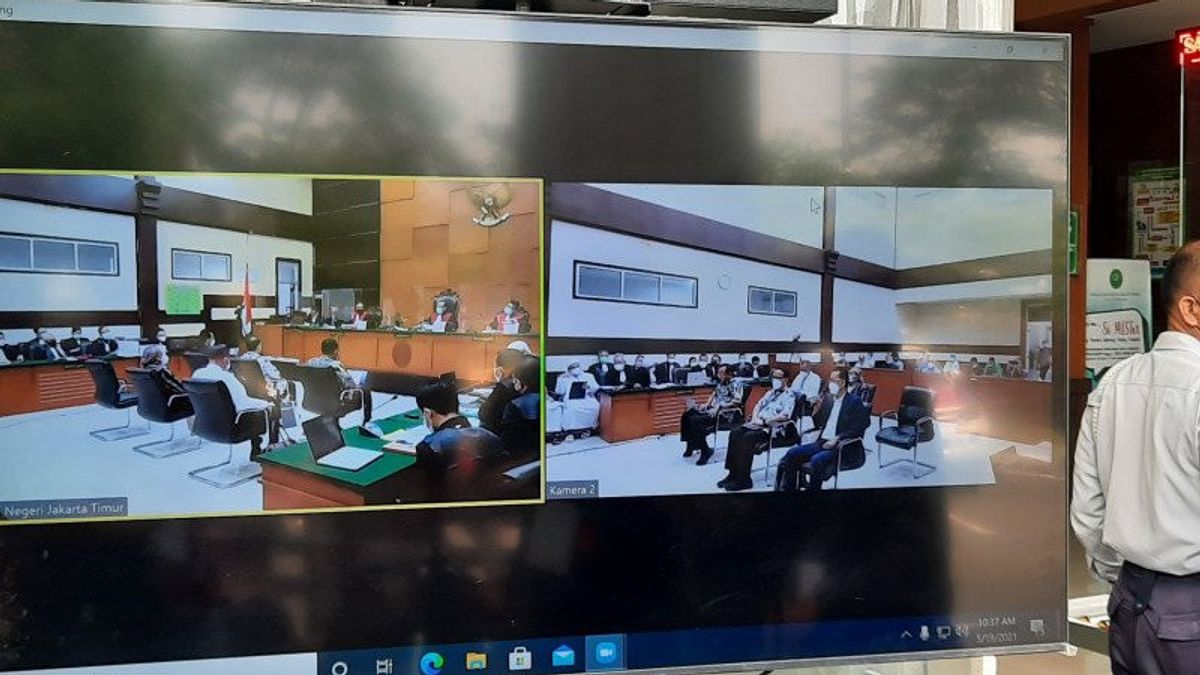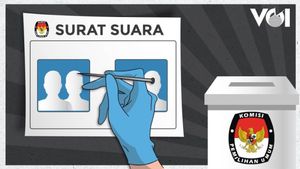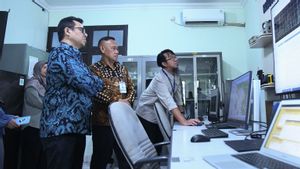JAKARTA - Linguist from the University of Indonesia, Frans Asisi Datang, said that there is a difference in context between lying and false. The difference lies in the intention when conveying. The explanation regarding the difference was conveyed by Frans when he was an expert in the trial of the UMMI Hospital swab results with the defendant Rizieq Shihab. In his opinion, the lie must be based on intention. So, someone who tells a lie has the aim to cover up something or another. "The meaning of the word lie in the dictionary states something that is untrue or is a lie," said Frans in the trial at the East Jakarta District Court, Wednesday, May 19. if someone says something that is not true in the context of speaking (there must be) an intention, there is a willingness to convey it, "continued Frans. Meanwhile, for the wrong context, continued Frans, there is no intention of lying. This is because someone who is mistaken does not know or intends to tell lies. "But if in a matter of conveying something that is not true without any intention because in a situation of not knowing, then it cannot be called lying. He is in the wrong category," said Frans.
10 letter b of the Criminal Code in conjunction with Article 35 paragraph (1) of the Criminal Code.
In fact, Frans said that if it is wrong, it often happens to anyone. For example, when we mispronounce someone's name and so on. "Mistakes always happen in our life, for example if we mistakenly mention people's names etc. So it is very humane," he said. Previously, Rizieq denied spreading false news about his good body condition. -all right, even though he was positive for COVID-19. The reason was that Rizieq Syihab did not know about the PCR results. In this case, Rizieq Shihab was accused of spreading hoaxes or hoaxes that caused chaos. This false news is related to his health condition which was confirmed positive for COVID-19 while at UMMI Hospital Bogor, West Java. Rizieq Shihab was charged with Article 14 paragraph (1), paragraph (2), Article 15 of Law Number 1 Year 1946 concerning Legal Regulations Criminal and / or Article 14 paragraph (1), paragraph (2) of Law of the Republic of Indonesia Number 4 of 1984 concerning Outbreaks of Communicable Diseases and / or Article 216 of the Criminal Code in conjunction with Article 55 paragraph (1) 1st of the Criminal Code.
The English, Chinese, Japanese, Arabic, and French versions are automatically generated by the AI. So there may still be inaccuracies in translating, please always see Indonesian as our main language. (system supported by DigitalSiber.id)













